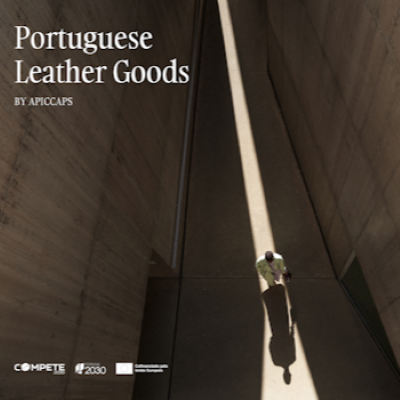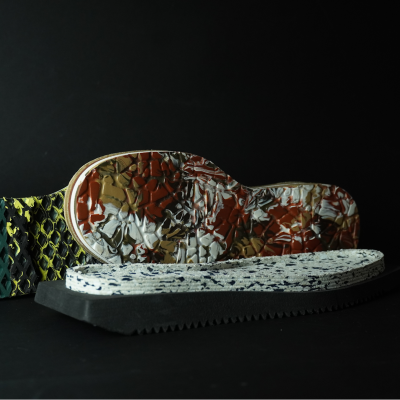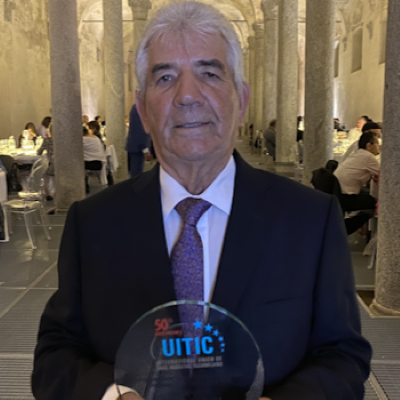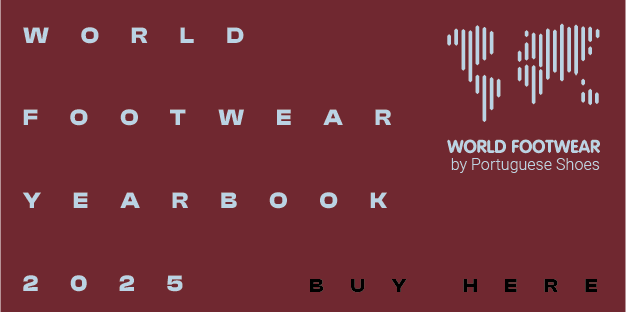Business of Fashion and APICCAPS discuss the future of the footwear industry
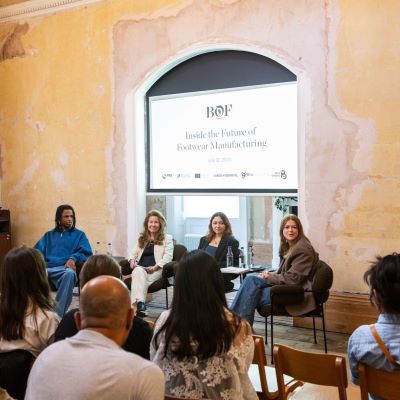
The Business of Fashion (BoF) magazine and the Portuguese Footwear Association (APICCAPS) co-hosted a panel to discuss the future of the rapidly evolving footwear industry
From technological shifts and material innovation to evolving customer interest in design styles and sustainability, the footwear industry is constantly moving. However, at the crux of its change is the ongoing disruption in the global supply chain, with its fragilities exaggerated by an unpredictable socio-political market.
So, to anticipate the main trends for the future of the footwear industry, BoF and APICCAPS organized a panel that included Marta Indeka, foresight analyst and trend forecaster at The Future Laboratory; Maria José Ferreira, head of research and development at the Portuguese Footwear Research and Technical Centre; and Junior Clint, founder and designer of CLINTS — a Manchester-based brand launched in 2020, which produces its footwear and clothing lines in Portugal.
The panellists believe that being transparent and clear to build trust with consumers is a key factor for the success of the industry – in the future, consumers could question each purchase.
“Consumers want a product that is more comfortable but also that is from a transparent supply chain. [...] We need to show how these things are done and offer consumers a life-cycle analysis. We — the brands, the factories — are collectively responsible for sharing this information. This transparency is how we will measure, diagnose, change and improve our processes and products”, argued Maria José Ferreira, as reported by BoF. At CLINTS, for example, when visiting the factories in Portugal, there is a concern to “document the process and that gives our consumers a glimpse into manufacturing without overcomplicating it.
In addition, it’s more and more required to invest in sustainability innovation and to communicate clearly the benefits of products manufactured within this framework.
Marta Indeka notes that “we have started seeing these biodegradable or compostable shoes but there’s always a lot of consumer concerns that you need to overcome before you can put that to market. It’s [questions] like: "Is my shoe going to fall apart after I wear it in the rain after two months?” And you need to do the legwork to prep the market to receive these innovations. “There are great supply chain and material innovations just waiting to be deployed”, she concludes.
Furthermore, sustainable practices need to be taken to the core design. “The future needs to incorporate circular strategies. While we recycle waste in our production sector, we need to consider how we can [create footwear that can be] dismantled. Is it possible or even logical? Is it sustainable, from an economic and environmental approach, to dismantle? Design is very important in this process and we can make designs to facilitate this”, commented Maria José Ferreira.
At last, the panellists came together to champion an open-source approach to manufacturing to create fewer barriers for small and medium enterprises in the sectors, which can be achieved by fostering closer relationships with the partners along the supply chain. “But [we received] support from our manufacturers in Portugal, in terms of communication and to see where we can push new ideas. These are huge factories, so for them to listen to us — we might not have the same infrastructure [as bigger brands], but the support comes from how intimate our relationship is with the key figures in the factory”, exemplified Junior Clint.
Article based on “Inside the Future of Footwear Manufacturing” from Business of Fashion.
Image Credits: portugueseshoes.pt




